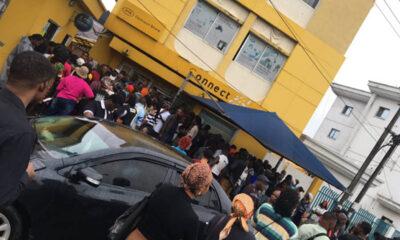Business
Telecom firms threaten to reduce subscribers over high operation costs
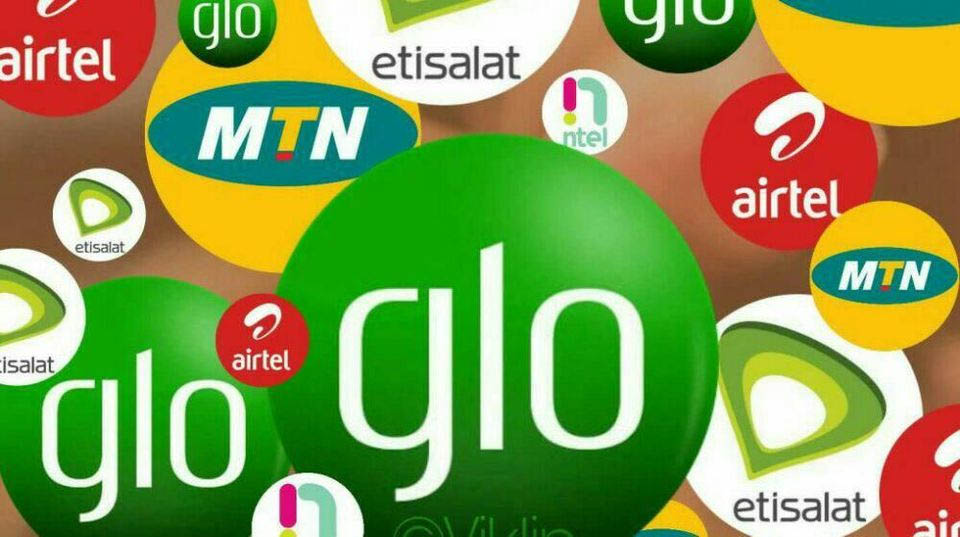
Telecom firms threaten to reduce subscribers over high operation costs
In a surprising turn of events, Nigeria’s telecommunications sector is facing potential disruptions as leading telecom operators threaten to implement load shedding measures in response to the Nigerian Communications Commission’s (NCC) reluctance to address their demands for a tariff hike.
Telecom operators, citing the rising cost of operations, including the increased prices of diesel, infrastructure maintenance, and a depreciating naira, have called on the NCC to approve a tariff increase to help mitigate their financial burdens.
For instance, MTN, with a subscriber base of 79.7 million as of December 2023, reported a first loss after tax of N137 billion since its 2019 listing on the Nigerian Stock Exchange in 2023. The telco incurred FX losses of N740 billion ($815.79 million at N907.1/$)
Airtel Africa, which had 50.9 million subscribers in Nigeria as of March 2024, reported a loss after tax of $89 million for its full year ended March 2024, primarily due to FX headwinds in Nigeria and Malawi. It lost $1.26 billion to derivative and FX exposures, with $770 million attributed to the naira’s devaluation.
This has led to dwindled investment in the telecoms sector, the chief executive officer of Airtel Nigeria, Carl Cruz stated, adding that, “The devaluation of the Naira moving from N420/dollar to N760/dollar in a month’s time, to about N1500/dollar today, had indeed affected telecoms industry who rely heavily on importation of infrastructure to grow the sector.’
In the same vein, the CEO, MTN Nigeria, Karl Toriola, said operators are reluctant to invest, simply because of the high operating cost and the devaluation of naira, among other issues that have marred the growth of the sector.
READ ALSO:
- Tinubu tackling out-of-school children menace, says presidential aide
- Nigerian detained in US over $10m COVID-19 fund fraud
- Plateau Gov Mutfwang suspends two commissioners, two aides
According to him, “the telecoms sector in Nigeria is now in an intensive care unit (ICU) gasping for breath, while calling on the government to intervene. The sector is facing a lot of challenges of which if urgent action is not taken, it will dry up. The truth is that investors are not going to come to invest in the sector if the fundamental issues are not addressed. To rescue the sector from collapsing, there is a need to increase prices of telecom services.”
Despite repeated pleas, the regulatory body has remained silent on the issue, causing frustration and uncertainty among industry players.
The situation has escalated, with telecom operators warning that if the tariff hike is not granted, they may be forced to adopt load shedding—a strategy that would involve rationing network availability during certain periods. This could lead to disruptions in mobile and internet services, affecting millions of Nigerians who rely on these services for communication, business, and access to essential information.
“With the high operating cost and the delay on the part of the government to allow operators to increase prices of telecoms services, operators may adopt the method of load shedding in the sector.
“We may decide to give network to some areas, while others may not have network, just to cut down operating cost for survival of the industry,” chairman, Association of Licensed Telecom Operators of Nigeria (ALTON), Engr. Gbenga Adebayo told LEADERSHIP.
Meanwhile, the NCC has yet to release an official statement addressing the operators’ demands or the looming threat of service disruptions. A source in the Commission, told our correspondent, that NCC do not want to comment on the issue.
The reason for NCC’s silence is not far-fetched, the chief executive officer, Jidaw Systems Limited, Jide Awe, told LEADERSHIP, adding that “There are no easy answers. It’s essentially a dilemma that requires a balancing act to resolve. Nigeria’s telecom sector is really facing challenging times. The sector’s players are obviously grappling with increasing operational costs. On the other hand, consumers will be hard hit if NCC throws in the towel.
READ ALSO:
- LGA autonomy: FG names Edun, Cardoso in committee to enforce Supreme Court judgement on
- Edo deputy gov: Again, Shaibu wins at Appeal Court
- Ajaero dares IGP, says he can’t honour police invitation until August 29
“The operators argue with good reason that without increased tariffs, they may find it difficult to maintain service quality, sustain their infrastructure, invest in new technologies, or even remain financially viable.
“On the other hand, Nigerians are already under considerable financial strain due to the rising cost of living. Any increase in telecom tariffs could worsen this situation, making it more difficult for individuals and businesses to afford essential communication services.”
He therefore stated that while the cry of telecom operators is clear, it is equally essential to carefully consider the socio-economic impact on citizens, suggesting that the NCC must balance these two concerns – the needs of the telecom sector for continued growth and sustainability with the economic realities faced by Nigerian consumers.
For the meantime, the Nigerian Communications Satellite (NIGCOMSAT) Limited said it is seeking to partner with operators to ease the burden of dollars in securing infrastructure.
The head, marketing and stakeholders’ engagement, NIGCOMSAT, Olufunke Fagbeja, disclosed this, during an interview with journalists, at the KA-band VSAT Installation training in Lagos.
“We are taking steps to ensure or to foster this partnership. For example, we have been having talks with some operators in terms of strategic partnerships. So, this is something we’re working on and we believe it will bear fruit and we will see the value with regards to services.”
Speaking on easy access to telecom equipment, Fagbeja said, though NIGCOMSAT is not an Original Equipment Manufacturer (OEM) as it does not manufacture equipment, it has entered into partnership with manufacturers of some of the equipment needed in the telecom industry.
“We partner with these manufacturers and we purchase our equipment directly from them. What this means is that we can get the equipment at a better rate, at a discounted rate, to give to our customers like operators. So we can assist operators to get the equipment (at a much reduced price) needed to expand their operation in the country.
“We are also looking at producing some of the equipment locally, by empowering startups through the Accelerator programme. The programme is aimed at propelling advancements in satellite technology and bolster Nigeria’s position in the global tech arena,” she added.
Telecom firms threaten to reduce subscribers over high operation costs
Business
I’m honoured, excited over World Bank’s appointment – Dangote
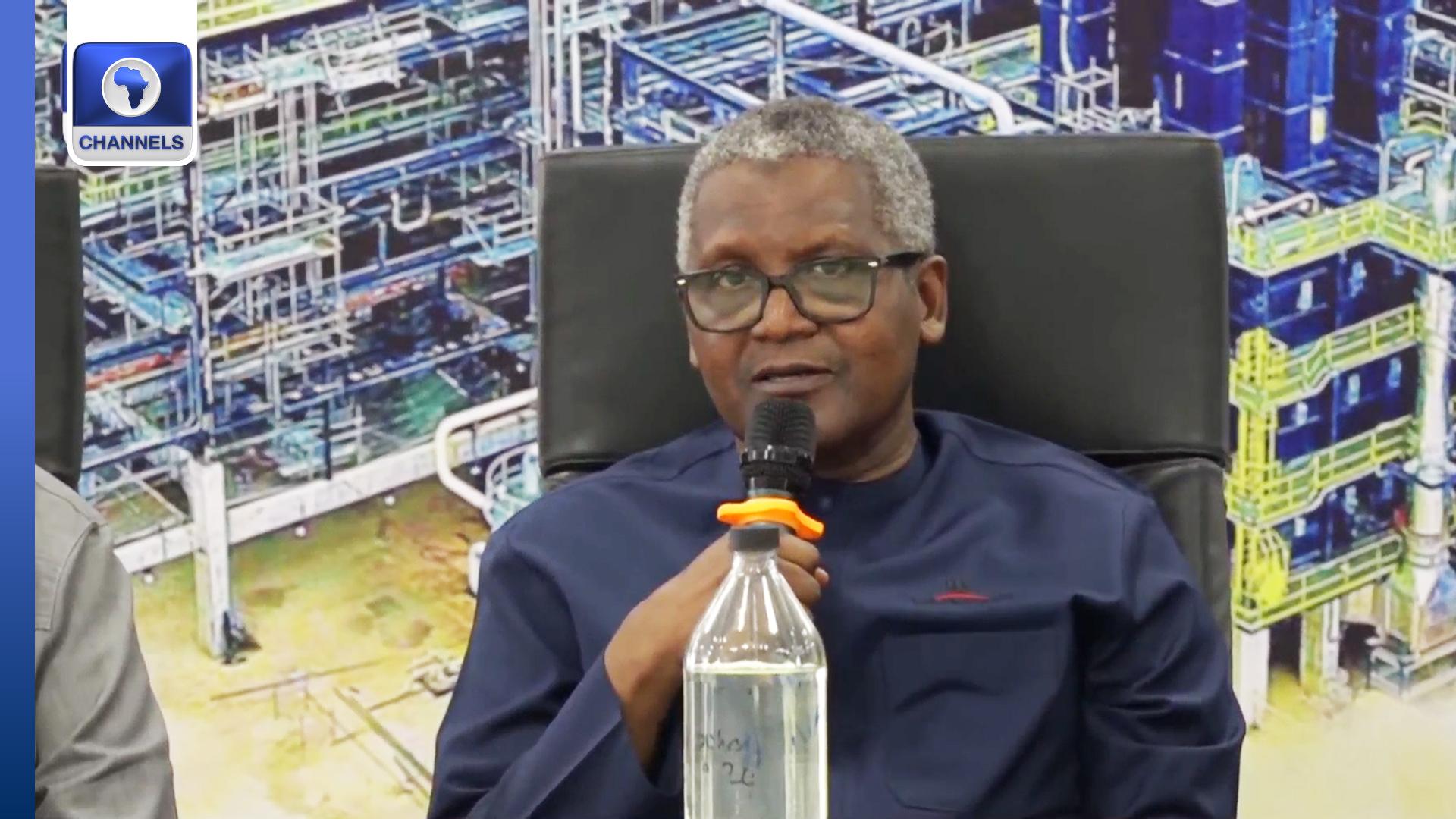
I’m honoured, excited over World Bank’s appointment – Dangote
President and CEO of Dangote Group, Aliko Dangote, has expressed gratitude following his appointment to the World Bank’s Private Sector Investment Lab, a global initiative aimed at accelerating private investment and job creation in emerging economies.
In a statement confirming the development, Dangote described the appointment as both an honour and a reflection of his long-standing commitment to economic development through private enterprise.
“I am both honoured and excited to accept my appointment to the World Bank’s Private Sector Investment Lab, dedicated to advancing investment and employment in emerging economies,” Dangote said.
“This opportunity aligns with my long-standing commitment to sustainable development and unlocking the potential of developing economies.”
He referenced the successes of the so-called Asian Tigers, economies that experienced rapid growth through strategic investment, as a source of inspiration for advancing similar outcomes in other parts of the world.
The World Bank announced Dangote’s inclusion on Wednesday as part of a broader expansion of the Lab, which enters a new phase focused on scaling up solutions that attract private capital and generate employment in developing countries.
Other newly appointed members include Bill Anderson, CEO of Bayer AG; Sunil Bharti Mittal, Chairman of Bharti Enterprises; and Mark Hoplamazian, President and CEO of Hyatt Hotels Corporation.
READ ALSO:
- Akpabio to represent Tinubu at Pope Francis funeral
- PDP will come out stronger, Saraki reacts to Okowa, Delta gov defection
- Countries eligible to enter US without visas for 90days (full list)
World Bank Group President Ajay Banga noted that the expanded membership underscores the institution’s focus on integrating private-sector leadership into its strategy for global job creation.
“With the expanded membership, we are mainstreaming this work across our operations and tying it directly to the jobs agenda that is driving our strategy,” Banga said.
“This isn’t about altruism—it’s about helping the private sector see a path to investments that will deliver returns, and lift people and economies alike. It’s central to our mandate.”
The lab, which was co-chaired in 2023 by Canadian Prime Minister Mark Carney, previously sought to mobilise £1 trillion in sustainable investment, particularly targeting energy transition projects in emerging markets.
Aviation
Air Peace suspends flights nationwide over NiMet strike
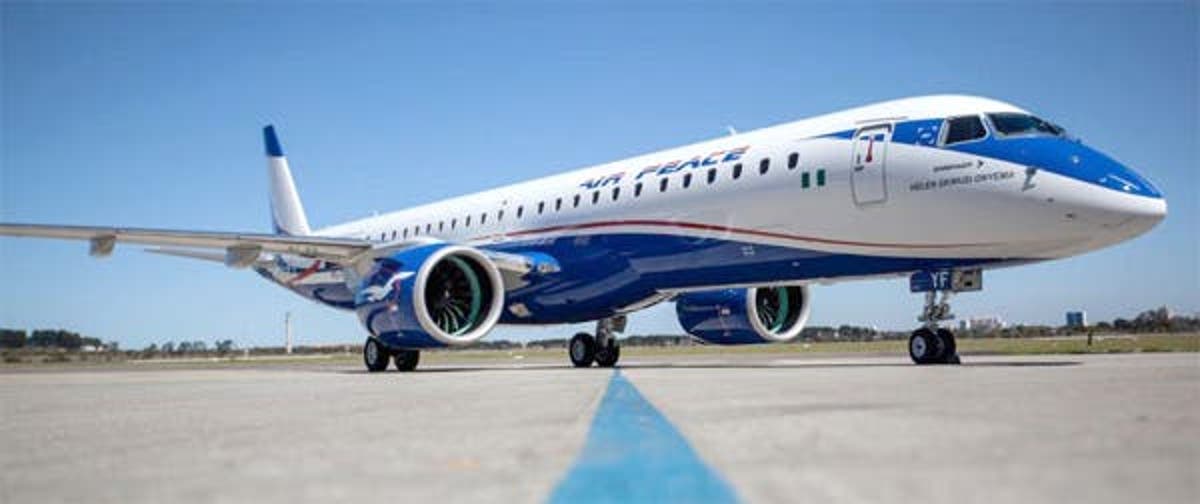
Air Peace suspends flights nationwide over NiMet strike
Air Peace has suspended all its flight operations across the country due to the ongoing strike by the Nigerian Meteorological Agency (NiMet).
The airline said in a statement on Wednesday that it was also suspending operations due to the unavailability of QNH (hazardous weather) reports required for safe landings.
“Due to the ongoing NiMet strike and the unavailability of QNH (hazardous weather) reports required for safe landings, Air Peace has suspended all flight operations nationwide until the strike is over,” Air Peace said.
“Your safety is our top priority. We appreciate your understanding and will share updates as the situation unfolds.”
The airline had earlier announced that the NiMet strike could lead to flight delays and cancellations across its network.
Air Peace added that it was monitoring the situation and working with relevant stakeholders to minimise the impact on customers’ travel plans.
Employees of NiMet commenced a nationwide indefinite strike over welfare issues on Wednesday.
Some of the issues raised involve “NiMet’s refusal to negotiate or implement agreed financial allowances and unresolved entitlements,” including wage awards, peculiar allowances, and outstanding payments from the 2019 minimum wage.
They also accused the management of the agency of withholding important documents, ignoring requests for inclusion of omitted staff in past payments, and neglecting key training programmes in favour of executive retreats.
Business
Nigeria’s gas production increases by 15.6% to 227,931.65 mscf

Nigeria’s gas production increases by 15.6% to 227,931.65 mscf
Nigeria’s gas output has increased 15,6 percent month-on-month, MoM, to 227,931.65 million standard cubic feet, mscf, in March 2025.
But on year-on-year, YoY basis, the nation’s gas output recorded a marginal increase to 227,931.65 mscf in March 2025, from 198,353.62 mscf, recorded in the corresponding period of 2024.
Data obtained from the Nigerian Upstream Petroleum Regulatory Commission, NUPRC, Gas Production Status reports indicated that of the total of 227,931.65 mscf produced in March 2025, 119,552.75 mscf was associated while 108,378.90 mscf was non-associated gas.
Associated gas is extracted in the process of producing crude oil while non-associated gas is produced without crude oil after much investment, exploration and development.
The Ministry of Petroleum Resources (Gas), which is directly involved in the development of policies, targeted at increasing investment in the sector said efforts have been made to increase investment and production of gas in Nigeria.
Similarly, in its recent report obtained by Vanguard, the Nigerian LNG Limited stated: “We are fully committed to expanding our operations with the NLNG Train 7 Project, which will boost our production capacity by 35%, increasing from 22 Million Tonnes Per Annum (mtpa) to 30 mtpa. This project underscores our role as a key player in the global LNG market and positions Nigeria as a top-tier supplier of LNG, leveraging its vast proven gas reserves of 202 trillion cubic feet (the 9th largest globally).
Vanguard
-

 metro1 day ago
metro1 day agoOmokri : How Tinubu’s political mastery started with Abiola, says El-Rufai, Obi’s forces can’t stop him
-

 Education1 day ago
Education1 day agoJAMB officials seize candidates’ hijab at Caleb varsity, Muslim students kick
-

 Entertainment2 days ago
Entertainment2 days agoP-Square: Jude Okoye freed after two months detention
-

 International1 day ago
International1 day agoUS releases 41 countries granted 90-day entry without visas (full list)
-
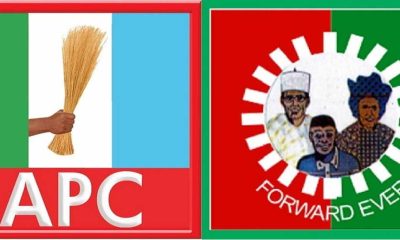
 Politics2 days ago
Politics2 days agoLabour Party collapses into APC in Plateau
-

 metro1 day ago
metro1 day agoGroom cancels wedding, marries another lady same date, venue
-

 metro3 hours ago
metro3 hours agoTruck falls from Lagos bridge on two buses
-

 metro13 hours ago
metro13 hours agoEFCC declares four persons wanted over CBEX scam





